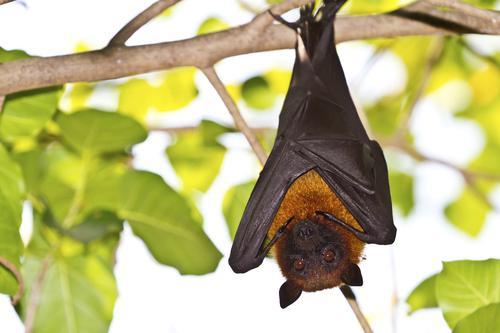Never take help of tears to show your emotions

You are sitting in the car in traffic jam, and some one is honking continuously.
Instead of abusing the other person or disturbing your peace, you can simply
think, what this guy is trying to teach me. This person is teaching me
importance of patience.
Another example of controlling anger is, if one of your friend is frustrated, and is yelling at you, instead of yelling back at him and spoiling your friendship, ask yourself, what is my friend trying to teach? He is trying to teach me that anger is so bad, one does not know what he speaks when a person is angry.
One more example of stress management is, say someone has broken your heart and left you in relationship. Now you are dealing with stress in your relations. By continuously being depressed and saying negative things, you are disturbing yourself and your inner peace. Again, ask yourself, what is he trying to teach me. The person is teaching me that one shall find happiness in himself or herself first before looking for happiness in relationships.
Another example of controlling anger is, if one of your friend is frustrated, and is yelling at you, instead of yelling back at him and spoiling your friendship, ask yourself, what is my friend trying to teach? He is trying to teach me that anger is so bad, one does not know what he speaks when a person is angry.
One more example of stress management is, say someone has broken your heart and left you in relationship. Now you are dealing with stress in your relations. By continuously being depressed and saying negative things, you are disturbing yourself and your inner peace. Again, ask yourself, what is he trying to teach me. The person is teaching me that one shall find happiness in himself or herself first before looking for happiness in relationships.










